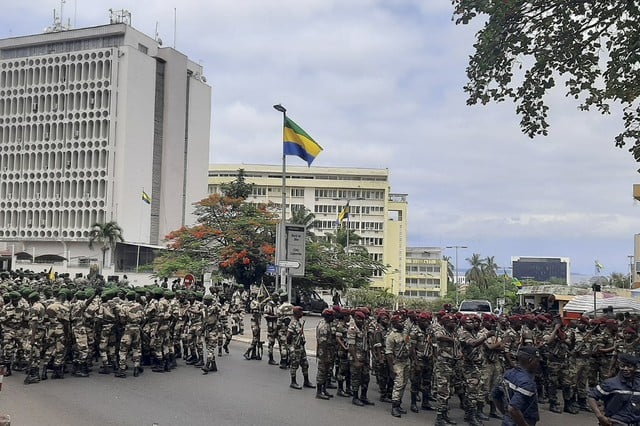
Gabonese soldiers gather in the capital Libreville on September 2.
AFP news agency reported on September 2 that the Gabon army said it would reopen the border that had been sealed after the army staged a coup to overthrow former President Ali Bongo.
A spokesman for the Central African country's ruling military announced that they had "decided with immediate effect to reopen its land, sea and air borders" on September 2.
On August 30, a group of 12 Gabonese officers announced that the border would be closed until further notice.
Earlier that day, General Brice Oligui Nguema, leader of the Gabon Republican Guard, led a coup to oust Ali Bongo, whose family had ruled for 55 years.
The coup took place after Mr. Bongo, 64, won the presidential election on August 26, which was denounced by the opposition as fraudulent. The group of officers announced on television that they had taken over power and ended the government of Mr. Ali Bongo.
Mr Oligui said that President Ali Bongo "has been retired". "He has every right. He is a normal Gabonese citizen like everyone else," Mr Oligui said.
In a video broadcast on state television, Mr Oligui was seen being tossed into the air by hundreds of soldiers shouting "Oligui, president".
Mr. Oligui is expected to be sworn in as "transitional president" on September 4. Previously, five other African countries including Mali, Guinea, Sudan, Burkina Faso and Niger have experienced coups in the past three years.
Source link


![[Photo] General Secretary To Lam, Secretary of the Central Military Commission attends the 12th Party Congress of the Army](https://vphoto.vietnam.vn/thumb/1200x675/vietnam/resource/IMAGE/2025/9/30/9b63aaa37ddb472ead84e3870a8ae825)
![[Photo] The 1st Congress of Phu Tho Provincial Party Committee, term 2025-2030](https://vphoto.vietnam.vn/thumb/1200x675/vietnam/resource/IMAGE/2025/9/30/1507da06216649bba8a1ce6251816820)
![[Photo] Solemn opening of the 12th Military Party Congress for the 2025-2030 term](https://vphoto.vietnam.vn/thumb/1200x675/vietnam/resource/IMAGE/2025/9/30/2cd383b3130d41a1a4b5ace0d5eb989d)
![[Photo] President Luong Cuong receives President of the Cuban National Assembly Esteban Lazo Hernandez](https://vphoto.vietnam.vn/thumb/1200x675/vietnam/resource/IMAGE/2025/9/30/4d38932911c24f6ea1936252bd5427fa)
![[Photo] Panorama of the cable-stayed bridge, the final bottleneck of the Ben Luc-Long Thanh expressway](https://vphoto.vietnam.vn/thumb/1200x675/vietnam/resource/IMAGE/2025/9/30/391fdf21025541d6b2f092e49a17243f)



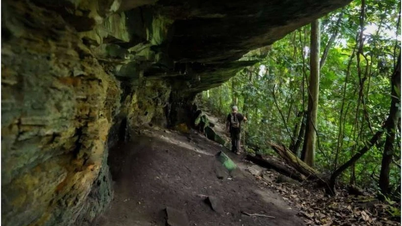
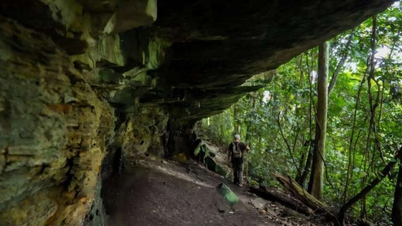
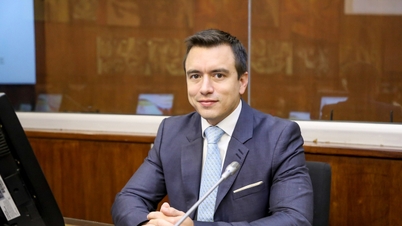


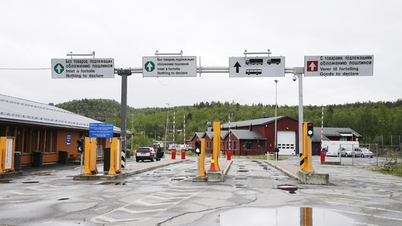














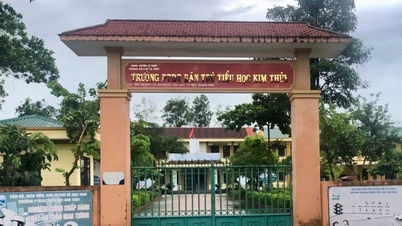
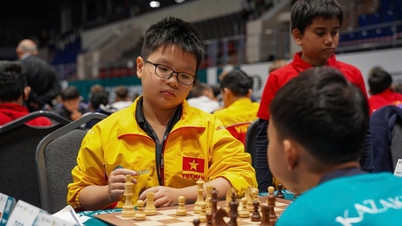
















































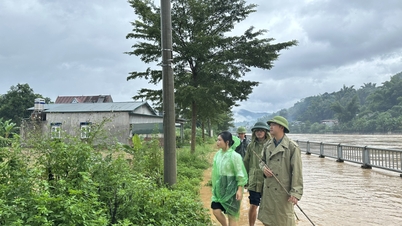

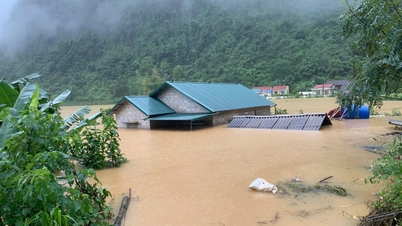

















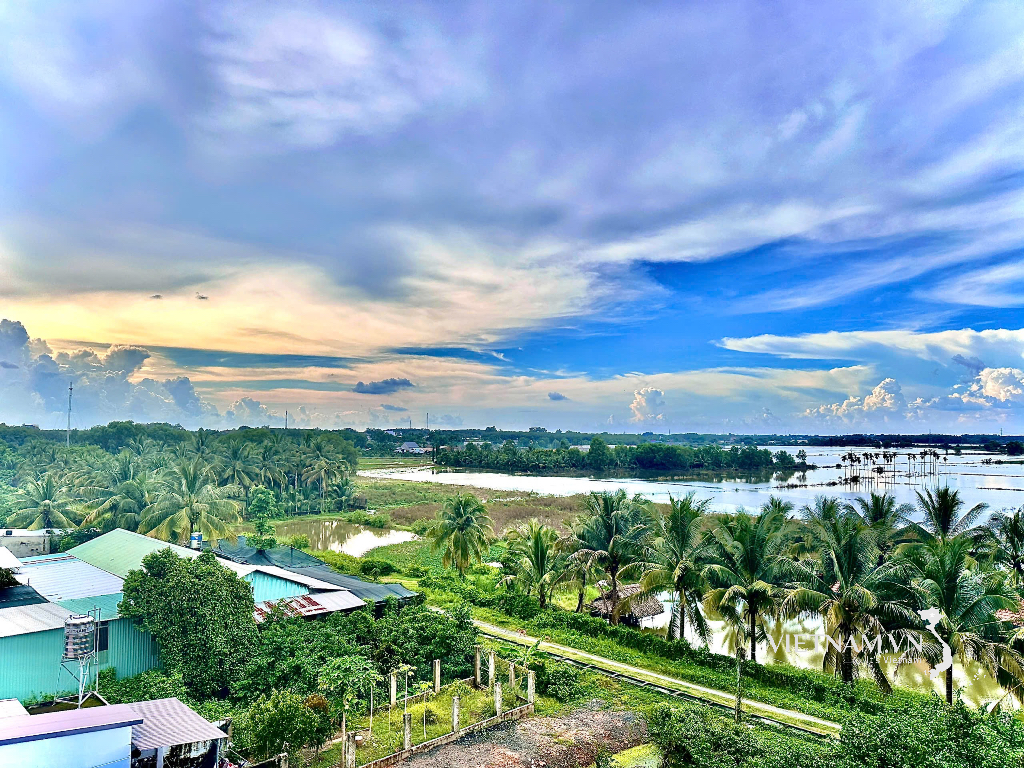


Comment (0)